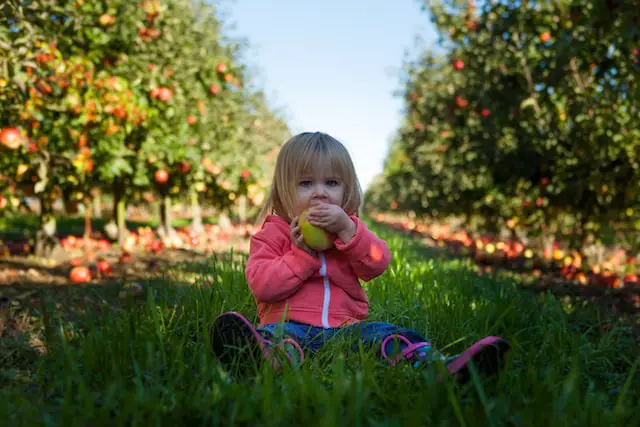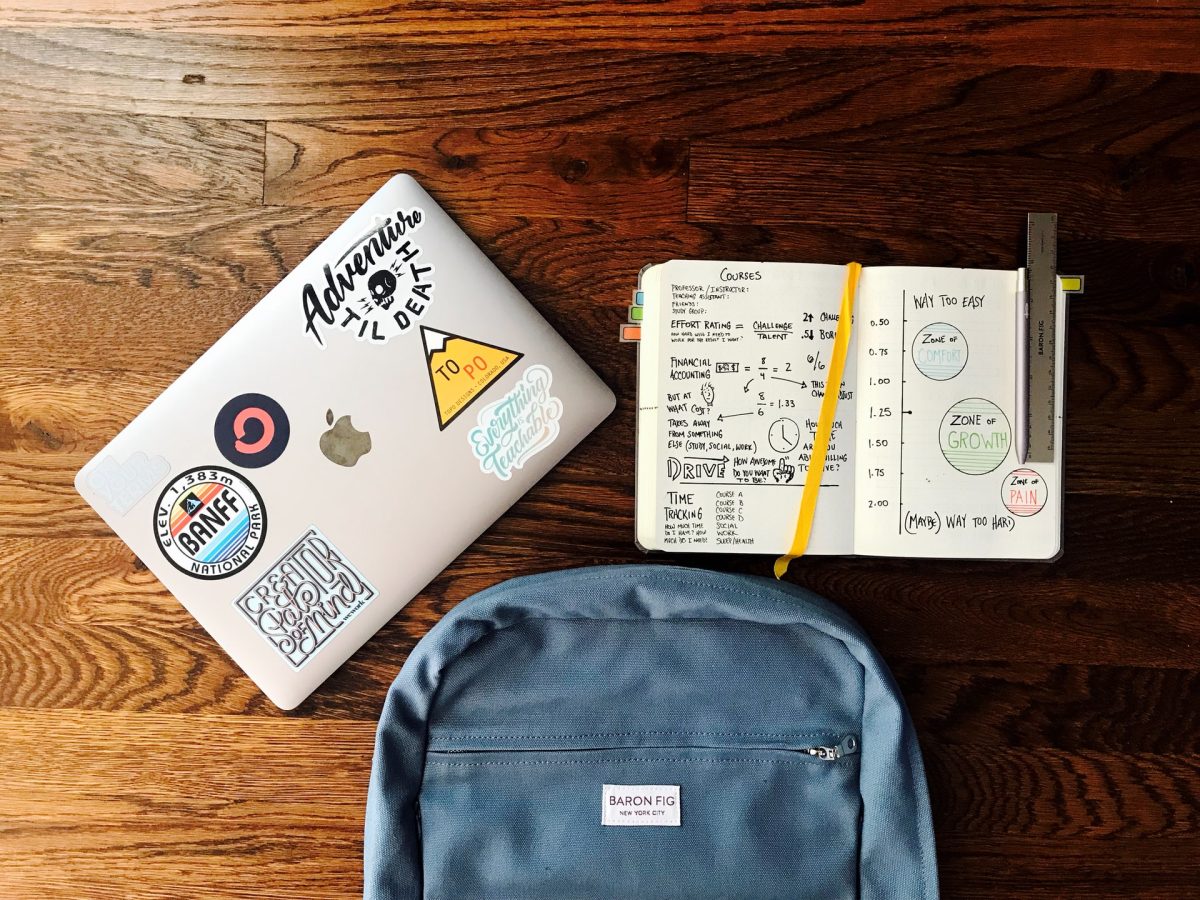Language supports a person’s ability to communicate and understand other people, solve problems, create and nurture relationships, and learn. It also paves the way to making sense of one’s experiences and the environment around them — which is why it’s important to develop and work toward Improving children’s language skills at an early age.
The first three years of life is the most crucial period to start language development in toddlers since this is when the brain starts to develop and mature. There are significant milestones that children can achieve, and with the aid of developmental activities, these accomplishments can be made easier.
Read on to know what those milestones are and what parents can do to help their kids attain those breakthroughs.
Improving Children’s Language Skills – What to Expect At Ages 1, 2, and 3
Children learn and develop their language at their own pace, but it would still be helpful for parents to have a guide to keep track of their little one’s progress. Below are some general milestones for kids ages 1, 2, and 3 parents can use in monitoring their child’s language development.
Progress for 1-year-old kids
This is usually the age when toddlers start to say and understand the words they say and hear. They will also start to understand the names of the things they see or use daily and follow simple instructions like “sit down” or “come here.”
Children may still babble at this age, but that is only because they are trying to imitate the sounds of other people and are trying to tell them something. Gestures could also accompany their babbling to get their message across.
However, there might be instances when they would use one word to describe another item, especially if they are of the same nature. For instance, they might refer to a four-legged animal as a “doggie” even if it’s not a dog.
Progress for 2-year-old kids
Toddlers can now combine two words and use short sentences or simple phrases to say what they want. For example, they might say “up chair” when they want to sit on their high chair.
Children will also start to understand most of what people around them are saying, while others can comprehend more of what the little ones are saying.
This is the age when kids start to better identify objects around them as well. While they may also start to understand the concept of “me” and “you,” 2-year-old children are likely to use them in the wrong way.
Progress for 3-year-old kids
From putting two words together, most children will start speaking 3- to 6-word sentences when they turn three. They can now pronounce words correctly and hold conversations with at least two back-and-forth exchanges as well.
Additionally, kids at this age will start to identify the names of nearly everything they see and can easily ask for those objects verbally instead of just pointing. Expressing their feelings and ideas also becomes easier during this period.
While they start to say words more clearly, there could still be some distortions to more complex sounds such as words with the letters th, l, r, s, and z.
Developing Language Skills in Kids

While children develop their language skills naturally, there are things parents can do to help their little ones get on and stay on the path toward meeting communication milestones.
Learn how they communicate
The first thing parents need to do is to understand how their children communicate with them. There are different ways toddlers talk to the people around them; making sounds, babbling, uttering simple words, using short sentences, or pointing at things.
Recognizing and understanding their attempt at communicating encourages kids to improve how they convey what they want.
Get on their eye level
Talking to kids at their physical level makes it easier for them to understand and imitate what the adult is saying. That means sitting down or kneeling to ensure both of them are at eye level while speaking with each other.
Use gestures
Toddlers understand nonverbal noises and gestures earlier than words, so it’s ideal for including these modes of communication in developing their language skills. Doing so engages and helps them better understand the conversation, even if they are not using words or short sentences yet.
Read to them
Reading to kids is a popular way to help improve their language skills. Most children’s books have short and simple sentences, making such publications the ideal tools to introduce new words and phrases while keeping the little ones engaged.
Use the correct sounds and words
Kids aged 1, 2, and 3 utter many words but they don’t always say them correctly or clearly. Parents can correct this by repeating the words with the proper pronunciation and emphasizing the missing or mispronounced sound.
Sing and play music to them
Most songs have a lot of parts that repeat themselves, especially music made for children. Parents can use child-friendly tunes to help their little ones learn, remember, and understand words and sentences better.
Other Things Parents Can Do

Parents can take advantage of daily activities like cleaning or cooking to introduce new words and concepts to toddlers. Doing so allows children to connect and comprehend certain words and actions.
Additionally, parents should keep their little one’s nutrition in check while helping them develop their language skills. That’s because poor health, especially during the first two years, can significantly affect language development in children.




